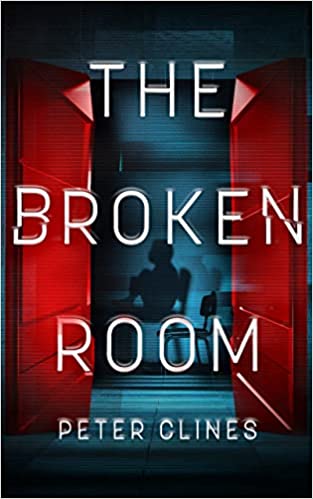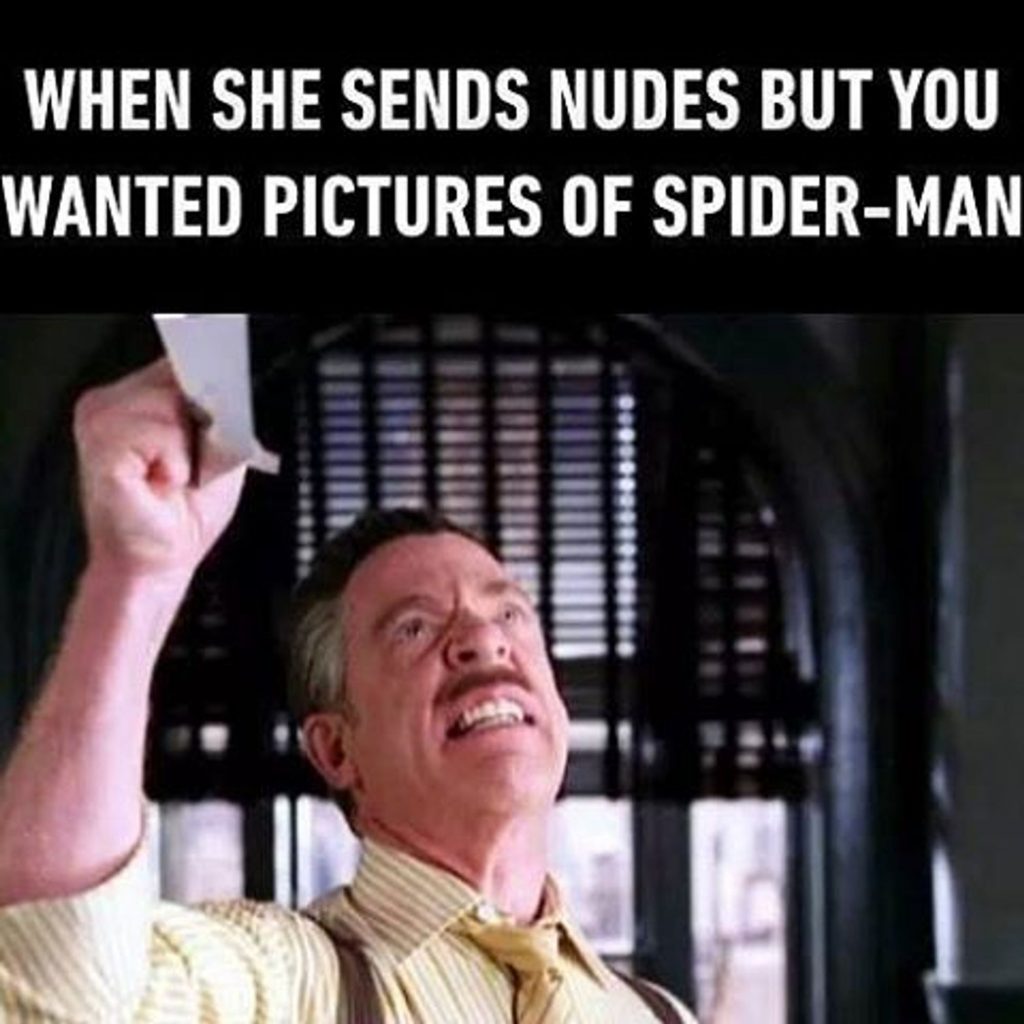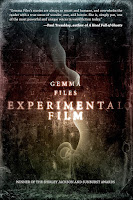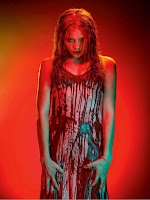Okay, we’re in the middle of a big discussion/ lecture/ infodump about story structure. To be more exact, the different types of story structure, because there are a bunch of them and they all serve a different purpose. That’s what I blathered on about last week. Well, that and linear structure. So if you skipped last week, you might want to jump back (look, a handy link) and read that first. Or maybe re-read it as sort of a refresher before we dive into this week’s little rant.
Now I want to talk about narrative structure. As I mentioned last time, these things have a few different names, depending on who’s talking or teaching, so maybe your stuffy literature professor called this syuzhet or something like that. But for now (and because it’s what I’ve done in the past) I’m going to call this narrative structure.
Remember how I said linear structure is how the characters experience the story? The narrative structure is how I, the author, decide to tell the story. It’s the order and style and viewpoint I choose for how things are going to unfold. It’s me saying I want to start with a prologue or ten minutes before the finale and then jump back to the beginning. Or that every third or fourth chapter will be a flashback. Or that I’m going to tell the whole thing from the point of view of the sidekick instead of the superhero. Or maybe, somehow, all of these things in one story. All of these are narrative decisions.
Actually, that’s a good before-we-go-any-further thing. My story might use a point of view or a device (say, a journal or epistolary form) that gives the appearance of “telling” the story. For our purposes here, though, if I talk about the narration I’m talking about me, the writer, and the choices I make. Watsonian vs Doylistic, remember? Because that first-person narrator or journal scribbler doesn’t say or do anything I don’t want them to. No I don’t care what that one other writer says about the characters having a life of their own and telling the writer what they want. I’m in charge. I’m God in the world of the story.
So, now that we’ve got our weekly blasphemy out of the way…
In a good number of stories we encounter, the linear structure and narrative structure are identical. They’re linear stories. Things start with Phoebe on Monday, follows her to Tuesday, and conclude on Wednesday. Simple, straightforward, very common. These books may shift point of view or format, but the narrative pretty much just goes forward hour by hour, day by day. My book, Dead Moon, fits in this category. It’s got a bunch of twists and reveals, but the narrative is pretty much a straight line from the beginning to the end. No flashbacks or frames or anything.
I’m not going to talk about this type of narrative too much because… well, I already did. If my narrative matches my linear structure, any narrative issues I might have are also going to be linear ones. And we talked about those last week (here’s another handy link in case you missed the last one).

Our focus right now is going to be stories where the narrative doesn’t follow the linear structure of the story. Sometimes the story has flashbacks or a frame, where it’s mostly linear with a few small divergences. Others might split the story between multiple timeframes, with one thread taking place in the present and one in, say, the 1950s. Or maybe the story’s broken up into lots sections and the reader needs to keep track of how they all line up—these are called non-linear stories, or you may have heard it as non-linear storytelling. It was the hip new thing for a while there. My book, The Broken Room, has a large flashback section where Natalie talks about her past, and it’s worth noting that her extended flashback/ retelling is all linear within its own subset of the book (she’s very precise about that sort of thing).
It’s important to understand narrative structure is more than just switching around my story elements. It means I need to start actively thinking about how all these structures interact. So here’s a few things I need to keep in mind when I start playing with my narrative structure.
First off, putting things in a new narrative order doesn’t change the linear structure of my story. As I mentioned above, the week goes Monday through Friday, and this is true even if the first thing I tell you about is what happened on Thursday. Monday was still three days earlier, and the characters and events in my story have to acknowledge that. I can’t start my book with everyone on Thursday baffled who stole the painting, then roll the story back to Monday where everyone was a witnesses who saw the thief’s face.
That’s a kinda stupid, overly-simple example, yeah, but you’d be surprised how often I’ve seen this problem crop up. Sometimes in really simple ways like this. Storytellers want to switch stuff around, but then they ignore the fact that just because they told us about Thursday before Wednesday doesn’t mean Thursday happened first. Again, the story collapses when the narrative elements are put in linear order. This is a really easy problem to avoid, it just requires a little more time and work.
Yeah, weird, I know. Telling a story in a more complex way is more work. Go figure.
The second thing to keep in mind when experimenting with narrative structure is… why? Seriously, why am I breaking up my story instead of telling it in order? I mean, yeah, all that non-linear stuff was edgy and bold for a while, and a lot of folks still do it, but… what’s the point of it in my story? Why am I starting five years ago instead of today? Why do I have this flashback at that point?
As an aside, I know some people hate “why is it happening now” as a story critique, and in a Watsonian way, I kind of get that. Sometimes things happen just because they happen. That’s how life works. I think sometimes things can work this way. I think sometimes they can’t.
But remember, we’re not talking about the Watsonian view of the story, we’re talking about the Doylist one. So why did I, the author, arrange these events in this way in the story? What effects am I trying to create? How is the narrative improved by shaping it this way?
And if I can’t explain how the narrative’s improved by shaping it this way—or if it plainly isn’t improved—again, what’s the point?
The third and final issue with a complex narrative structure is a little more subjective.
Last week I mentioned that we all try to put things in linear order because it’s natural for us. It’s pretty much an automatic function of our brains. This flashback took place before that one. That’s a flash forward. This flashback’s showing us something we saw earlier, but from a different point of view. Our brains latch onto the little details (or sometimes the big headers) and sort things accordingly.
But our brains have limits. There’s only so much we can keep track of and—let’s be honest—only so much we’re willing to keep track of. if I give you four or five numbers or letters and ask you to put them in order, it’s not a big deal. G X B N. See? You did that without too much effort.
On the other hand, if I throw a deck of cards on the floor and ask you to put them all in order… well, now this is a task. Heck, first you’ve got to find all the cards. And are they all supposed to be in numerical order or should you be doing them by suits? Are aces high or low? And if this is all in order, where do we put the jokers?
Point is, there’s a point where I’ve tweaked my story so much, my audience is going to spend less time reading it and more time analyzing it. Diagramming it like some photo-and-yarn covered conspiracy board. When somebody hits the ninth flashback done in a third tense from a fifth point of view… there’s a good chance they’ll need to pause to reorganize or re-analyze things in their head. And every time they have to pause, it’s breaking the flow. It’s knocking them out of the narrative when I want them to be sinking deeper into it.

And once I break the flow, that’s when people set my book aside to go have a glass of wine and watch gardening shows. I can say whatever I want about art or attention spans or readers putting in some effort, but at the end of it people can’t get invested in my story if they can’t figure out my story. And if they’re not invested… that’s on me.
Y’see, Timmy, narrative structure can be overdone if I’m not careful. I know some of the examples above sound a little extreme, but the truth is… they’re not. I’ve seen manuscripts where writers tossed linear order out the window and jumped tenses and povs and timeframes a dozen times. And some of them did all of that in the first fifty pages. Seriously.
This is something that can be tough to spot and fix, because it’s going to depend a lot on my ability to put myself in the reader’s shoes. Since I know the whole linear story from the moment I sit down, the narrative is always going to make a lot more sense to me, but for someone just picking up my story… this might be a bit of a trainwreck.
That’s narrative structure. However I decide to tell my story, it still needs to have a linear structure. Maybe even more important, it still needs to be understandable.
Next time, I’ll try to explain how linear structure and narrative structure combine to (hopefully) form a powerful dramatic structure.
Until then… go write.









